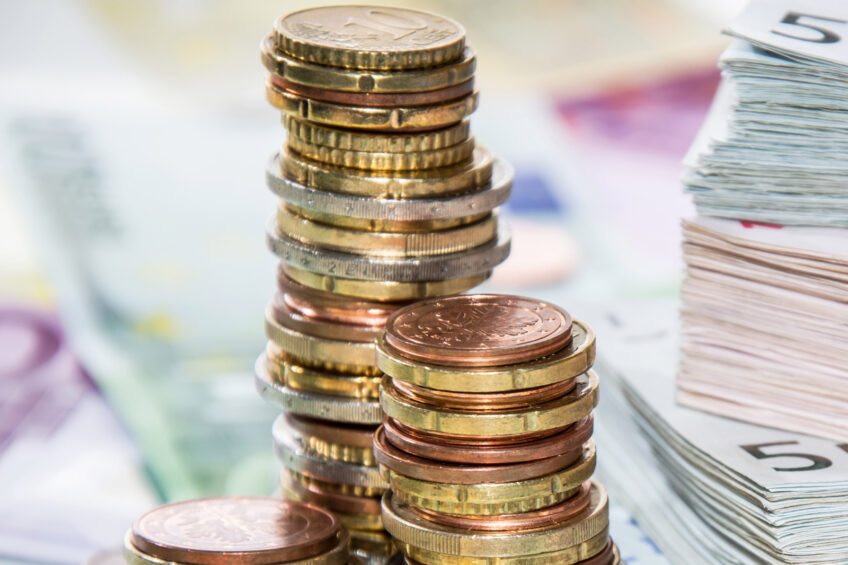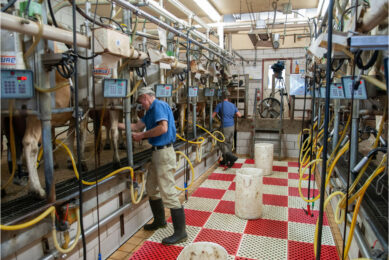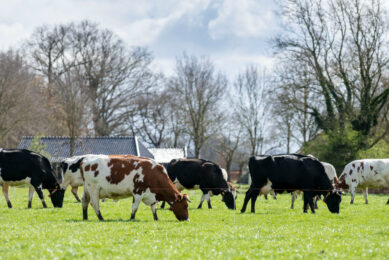€100 million for German dairy farmers

Beleaguered dairy farmers in Germany are to receive at least US$111 (€100m or £76m) from the government in a bid to try and keep them in business. Germany’s Minister of Agriculture announced the package last month following an emergency ‘milk summit.’
Minister Christian Schmidt said: “We will provide financial support to producers in the short term.
“We all agreed that on the one hand we need structural improvements, but on the other that we need to provide short-term assistance to farmers.
“The federal government will provide the farmers with a package of €100m plus X. I am in talks with the finance minister and will talk to Germany’s states and Europe to determine how large the X is.”
It is anticipated that the aid will include loans and tax relief to the farmers.
Minister Schmidt has hinted in the past that reducing supply is needed to address the demand supply balance, a move that he has been criticised for. He added: “Farmers and dairies have to match supply and demand better than they have until now. We have to achieve an up-to-date and flexible way of controlling supply.”
Over 33 million tonnes of dairy produce come from Germany each year making it the European Union’s largest dairy producer.
Farmers across Europe have been battered by low prices since the demise of the quota system. Milk production has increased but with a lower demand prices have crashed.
As with most countries in Europe, dairy farmers in Germany are currently producing milk at a loss. According to the European Milk Board farmers there were receiving US$0.319 (28.66 euro cents or 21.8 pence) per kilo of milk in January but the cost of production was almost US$0.50 (45 euro cents per kilo or 34.5 pence/kg).
Join 13,000+ subscribers
Subscribe to our newsletter to stay updated about all the need-to-know content in the dairy sector, two times a week.










